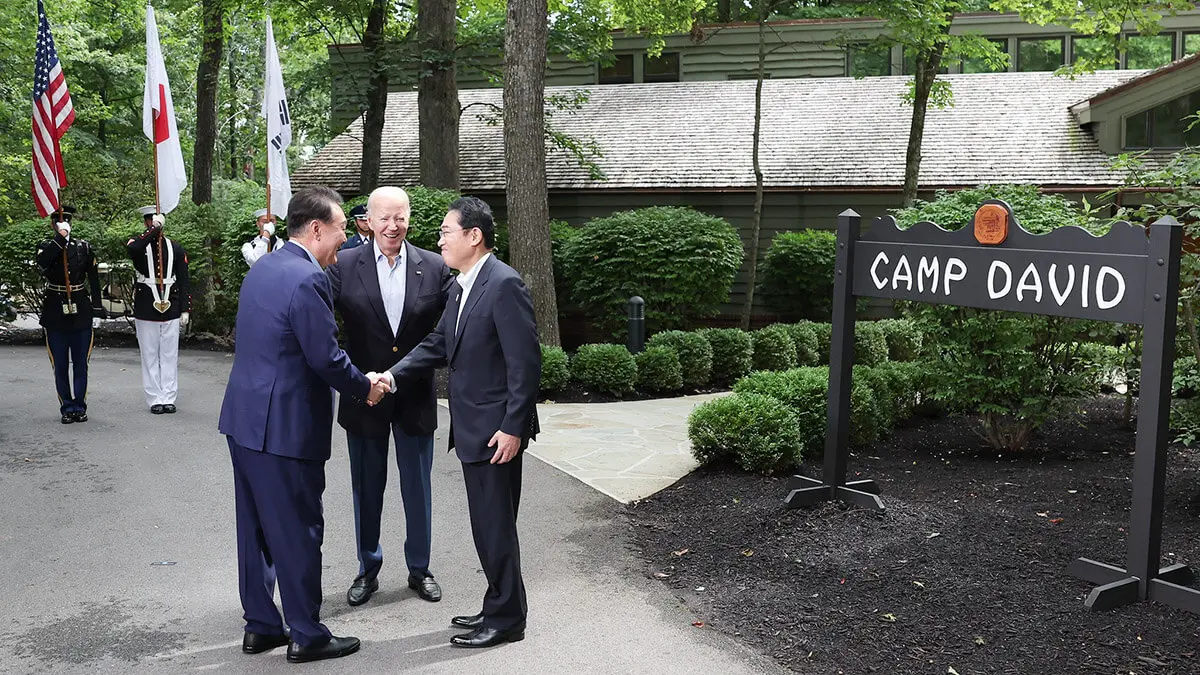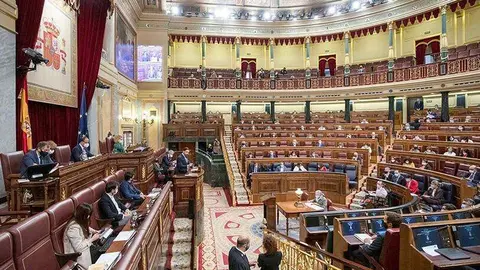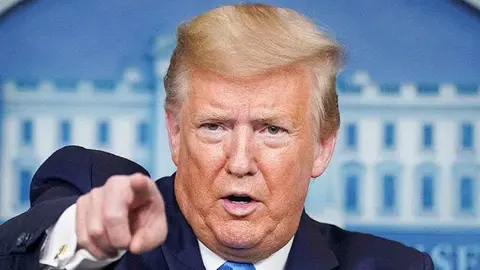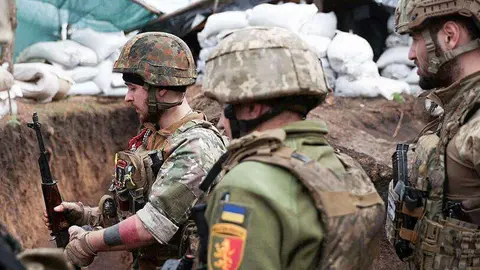Global competition between non-European powers

Although uncertainties about its structure and objectives remain open, the concept defining the new order seems straightforward to explain. A series of traditional powers, democracies or not, and another series of aspiring countries, democracies or not, are taking positions to become strategic actors.
The idea of a prevailing Western order has faded, although the networks of exchanges promoted by liberalism are growing in an interconnected society. The Indo-Pacific has become the dominant pole of attraction just as 19th century Europe and 20th century North America were. And that diffuse Third World that took shape at the Bandung Conference in 1955, whose only element of political cohesion was its arrival in the decolonised world with intolerable levels of poverty, has been transformed into an emerging Global South.
In both regions, progress is advancing as a consequence of having applied many Western economic recipes, while rights and freedoms are stalled because of the failure to apply all the liberal democratic recipes. In both historical processes, Europe is far away and seems to be absent.
US President Joe Biden, Japanese President Fumio Kishida and South Korean President Yoon Suk Yeol met at Camp David at the end of August to deepen the relationship between three economic powers whose combined GDP exceeds 30% of global wealth.
They did so at the symbolic site where Presidents Carter and Sadat and Prime Minister Menachem Beguin sat down in 1978 to negotiate the Egypt-Israel peace agreement, and where Bush and Gorbachev met in 1990 to end the Cold War. In an atmosphere of renewed conciliatory spirit and with an important economic and strategic background, the three leaders sealed their willingness to establish a permanent trilateral relationship focused on technology, capable of overcoming the political gaps that history had left on the skin of the Korean and Japanese peoples. Distant, though in some ways similar, to the European Coal and Steel Community (ECSC) agreed by the French and Germans in the 1950s to heal the wounds of the Second World War, which strategically complemented NATO in economic matters.
Almost simultaneously with the Trilateral Summit, the BRICS Summit of Brazil, Russia, India, China and South Africa was taking place in Johannesburg, to which Argentina, the African countries of Egypt and Ethiopia, and Saudi Arabia, Iran and the United Arab Emirates of the Middle East were invited. A heterogeneous group of countries from the Global South, led by the so-called emerging powers, the BRICS, whose economic evolution has been uneven, but whose prominence in political terms, although uncertain, has been kept alive after the crisis, the pandemic and the war in Ukraine. In the face of which most of them have been distant and reluctant to back the Euro-Atlantic sanctions proposed in response to Russia's aggression against the Ukrainians.
Global competition between powers is not a concept that promotes bloc dynamics, but one that recognises interdependence between actors and warns of the increasing and permanent mobility of interests. The end-August meetings do not mark a bipolar trend. Nor do they inspire it. But they do give greater visibility to an international order in the process of reconfiguration, in which some powers establish links for regional and global economic stability and others seek formulas for cooperation to meet the challenges of growth and development that they feel capable of facing.
The Shanghai Cooperation Organisation, promoted in 2001 by Russia and China in Central Asia; the Chinese project for the new Silk Road; the maritime surveillance organisation in the Indo-Pacific, QUAD, in which Japan and India participate together with Australia and the United States; and AUKUS, promoted by the United States, Australia and the United Kingdom to strengthen security in the Pacific, are tangible examples of a heteropolar order under construction, while some countries seem to observe the process without a defined strategy, from an inconceivable geopolitical distance and without attaching much importance to the changes that are unquestionably taking place. Faced with a historic situation of this magnitude, there is no other question than to ask ourselves where Europe stands and what our point of view is.





